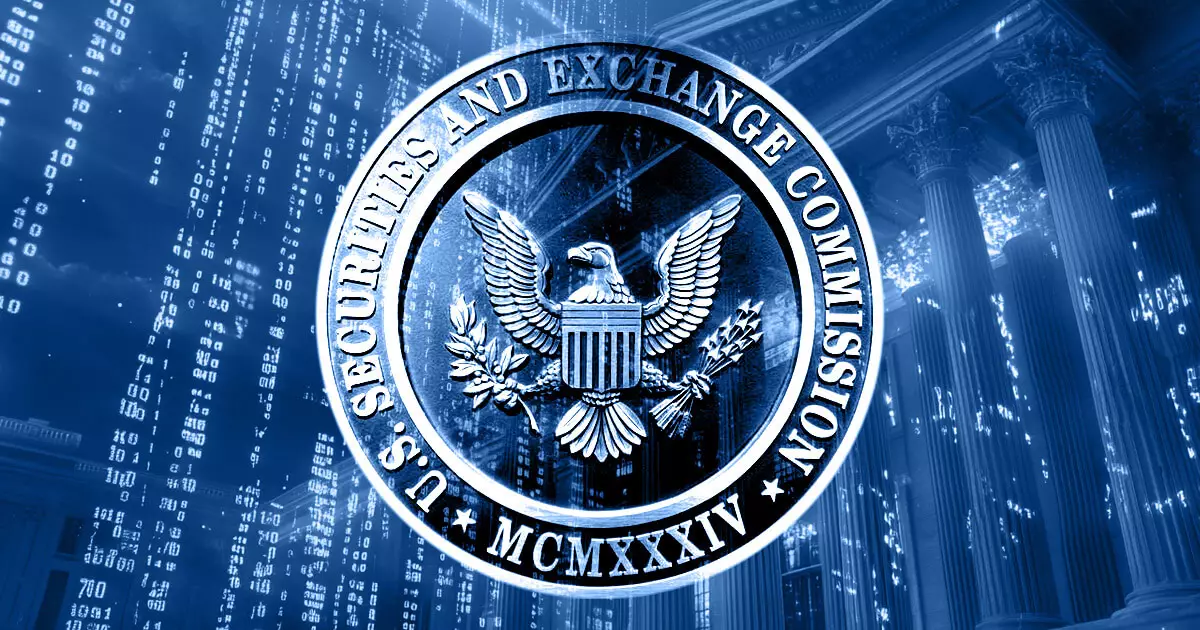The recent acknowledgment by the U.S. Securities and Exchange Commission (SEC) regarding crucial filings from Grayscale and BlackRock marks a pivotal moment in the evolution of cryptocurrency exchange-traded funds (ETFs). These developments signal a growing interaction between the regulatory body and the cryptocurrency sector, offering a potential pathway toward the widespread approval of these investment vehicles. On February 6, the SEC reviewed Grayscale’s proposed spot Litecoin (LTC) ETF and BlackRock’s request for in-kind redemptions for its iShares Bitcoin ETF (IBIT). This activity has earned the attention of market analysts and industry participants alike, setting the stage for future growth in digital asset regulation.
Grayscale’s advancement of its spot Litecoin ETF is noteworthy, particularly as analysts suggest that its approval seems increasingly plausible. Senior ETF analyst Eric Balchunas highlights that the application “checks all the boxes” required for regulatory endorsement. He underlines that Litecoin’s classification as a commodity rather than a security plays a significant role in this progression. Moreover, Balchunas indicated that the SEC’s contemporary comments regarding Grayscale’s S-1 amendment reinforce the momentum needed for approval. This filing closely follows Nasdaq’s submission on January 16, which aimed to gain permission to list and trade the proposed Litecoin ETF—action that some anticipate could lead to simultaneous approvals of multiple crypto ETFs.
In parallel, BlackRock’s proposal to integrate in-kind redemptions within its Bitcoin ETF structure exemplifies another critical area of evolution in the crypto ETF landscape. This method allows for the direct transfer of Bitcoin to shareholders instead of cash transactions during redemptions. If sanctioned by the SEC, such changes could significantly boost the efficiency of transactions while potentially lowering tax burdens for large institutional investors. This innovative adjustment reflects a broader trend of enhancing ETF liquidity and operational functionality across the industry.
The SEC’s attention to these filings underscores the ongoing maturation of cryptocurrency investments and the regulatory environment surrounding them. The potential approval of in-kind redemption models not only stands to improve the operation of Bitcoin ETFs but also bodes well for future altcoin ETFs, like those involving Litecoin. Market participants are particularly vigilant regarding how these regulatory shifts might shape the structure and attractiveness of cryptocurrency ETFs moving forward.
As these dynamics unfold, they herald a new chapter in the cryptocurrency arena, where regulatory clarity and operational efficiency could lead to broader acceptance and adoption of digital assets. With both Grayscale and BlackRock making headlines, the cryptocurrency community remains poised for impending developments that could redefine investment strategies in this volatile market. The evolving regulatory landscape represents not merely a challenge but an opportunity for innovation and growth within the digital economy.

